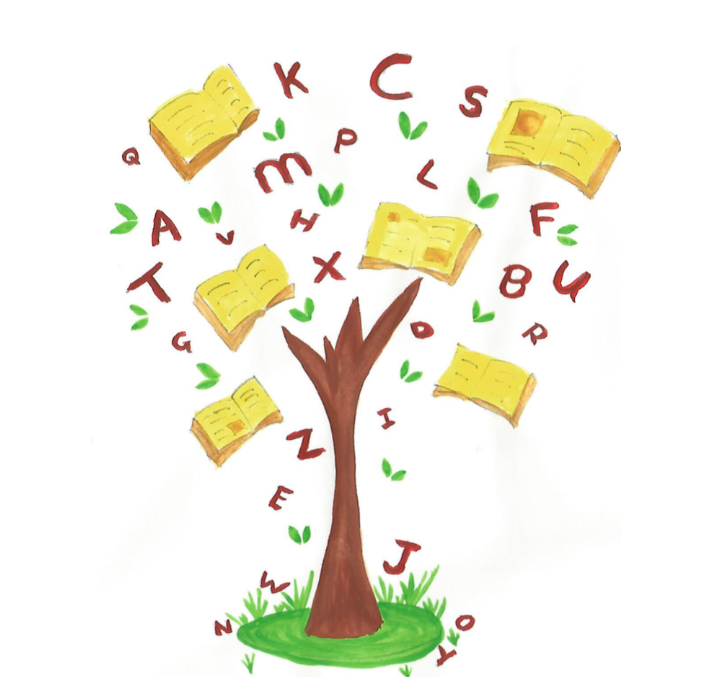My child has an amazing vocabulary but they can’t ask for a snack – what do I do?
I have worked with many children who have lots and lots of words but they struggle to express their wants and needs.
Two of my past clients come to mind in particular when writing about this.
One who knew the names of all the dinosaurs (something I could never hope to achieve!) and another who could recite the whole of Room on the Broom word for word.
Both of these little ones struggled to get across their core needs verbally.
Now that doesn’t mean they weren’t communicating in other ways, but the reason I was there, was to help them develop their skills and reduce frustration.
Communication functions
When I see little ones who have this particular profile, the difficulty is with communication functions. These children have lots of language (clearly!) but they aren’t yet able to use those words for a range of functions. Which is the skill we need to teach them.
What are communication functions?
There are many but the core functions that are useful to focus on are:
Labelling: likely this is the one your little one is an expert in! They can say what something is with ease! Dinosaur names (if that’s their thing!) not a problem, retelling the whole of a book – on it!
Requesting: this is probably the one we are struggling with, perhaps your little one is in fact making requests (asking for things) but perhaps they are doing this non-verbally. Which is undoubtably confusing for you as you know they have so many words in there!
Protesting: this is rarely a skill I have to work on with little ones, although there are of course those children who are super chilled and will just take themselves away from a situation they don’t like! But this is what is says on the tin – the ability to say ‘no’ or ‘stop’ in an effective, appropriate way.
I am going to make the assumption here that your little one has labelling and protesting in the bag, but requesting is the thing that’s hard.
So how do you work on requesting?
First things first, and this is super important! Only work on requesting for things you know your child wants. At this early stage do not work on any form of request for things they do not like or do not care about. With that in mind I would probably start with the things they are already labelling. For the purpose of this I am going to go with the dinosaur example…
You want to invest in some new resources to create multiple opportunities to request. This could be a picture of their favourite things, or some new toys/ books).
Create an environment where you have the things they want (so if you had a dinosaur puzzle you would have the puzzle pieces and they would have the board).
Give some of the item for ‘free’. This ensures that it is actually motivating for them and eases them in.
After you have given a few for ‘free’ hold up a toy and pause.
This pause may be enough for them to fill the silence with the name of the toy (try to not ask “what’s this?”).
Give them the toy as soon as they say its name – you are teaching that they can use these words to ask for things as well as to label things.
If the pause is not enough, label the item for them (e.g. “dinosaur”) and give them the toy.
On the next one, hold up the toy, label it (e.g. “dinosaur”) and pause to give them time to say the name.
As soon as they do give them the toy!
After a number of rounds give the remainder of the toys to them ‘for free’ and allow them a while to explore on their own with no expectation for them to ask for anything.

